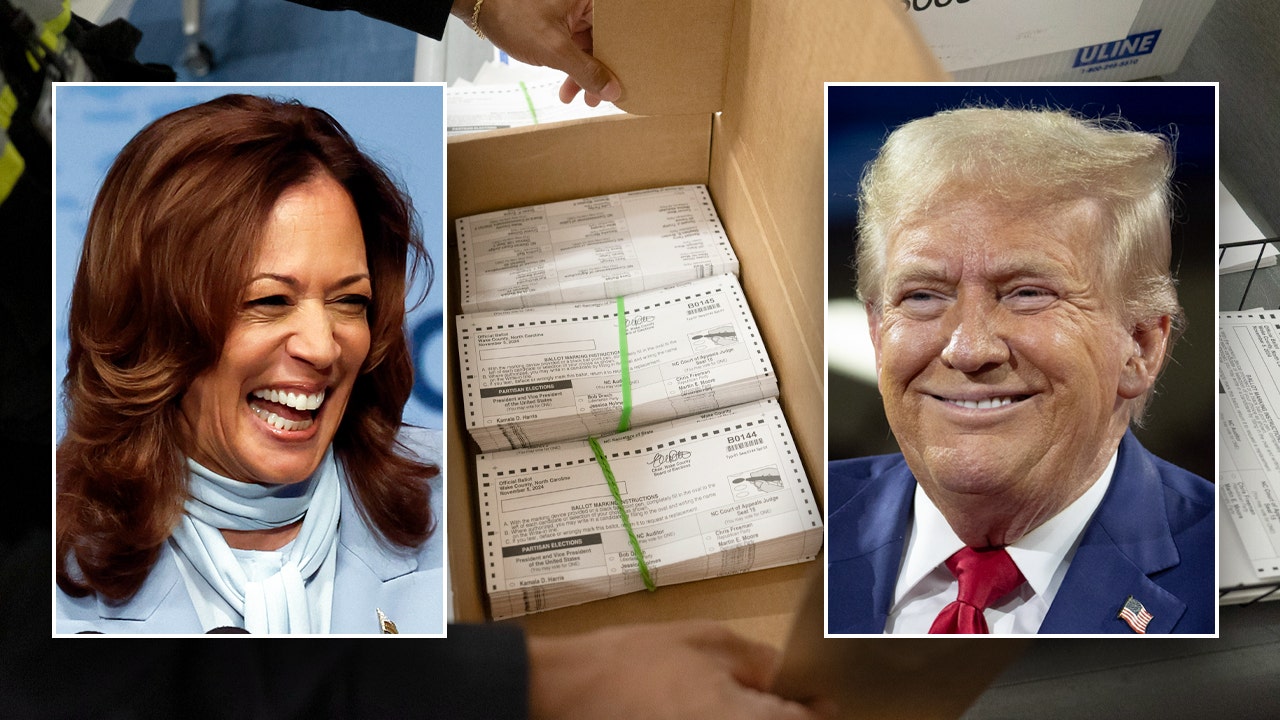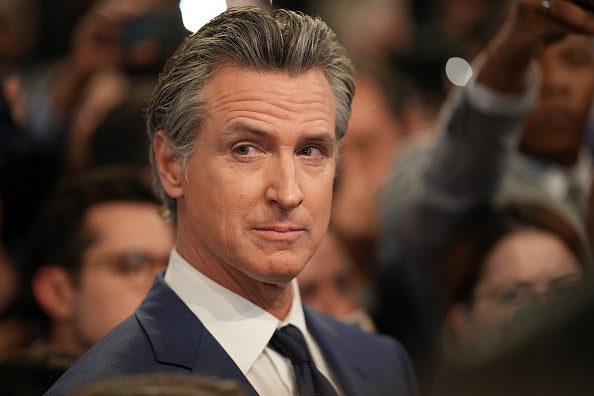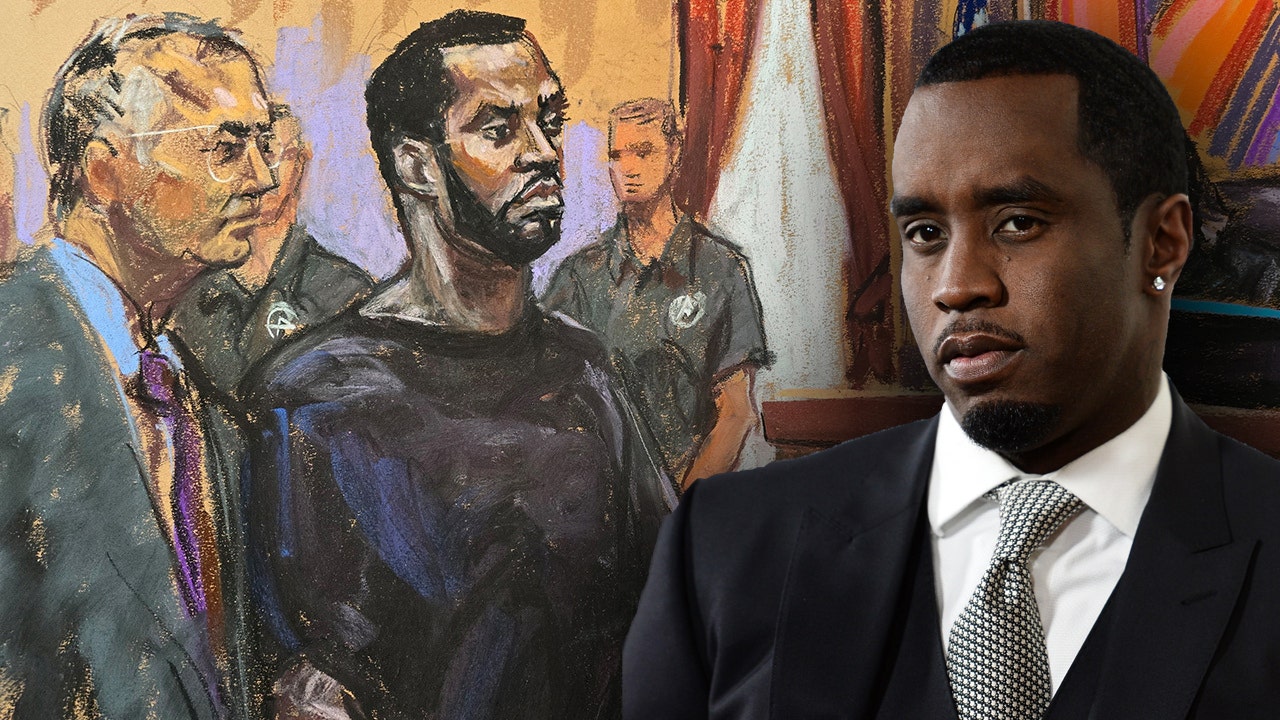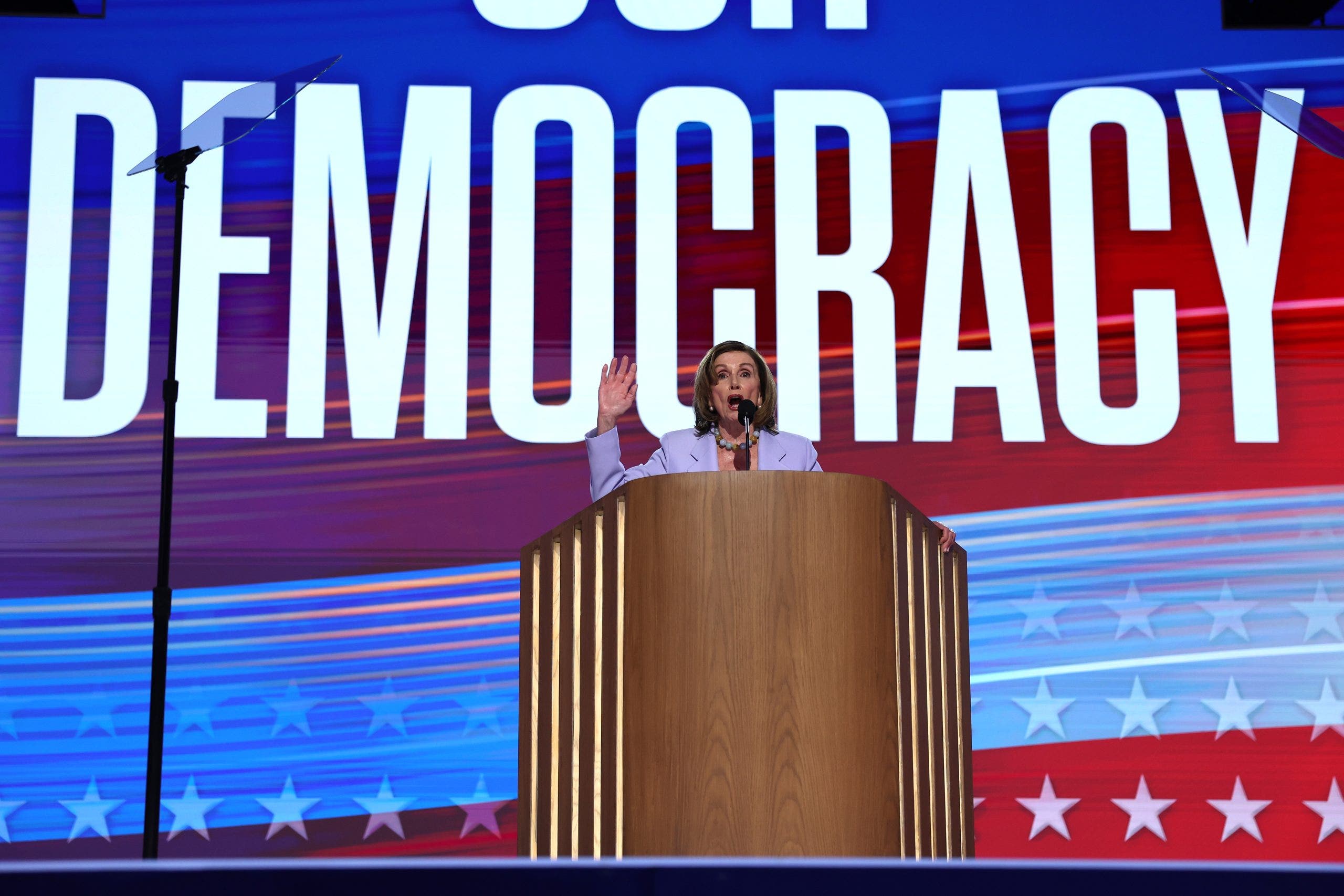A proposal that would allow parents to be fined for their child’s criminal offenses is headed to Tennessee Gov. Bill Lee’s desk for his approval.
The GOP-dominant House on Monday approved allowing judges to levy up to $1,000 in fines against parents or legal guardians of children who commit a second criminal offense. The chamber voted 72-24 to send the bill to the governor after it previously secured the support from the similarly Republican-controlled Senate.
TENNESSEE SCHOOL VOUCHER PROGRAM PLANS COME TO AN END AFTER GOV. LEE ADMITS DEFEAT
Supporters argue the proposal is needed to hold families accountable for the child’s actions. However, Democratic lawmakers warned that the bill unfairly targets working parents who may have limited resources and burden them with fines that they may be unable to pay.
The Tennessee Capitol is seen, Jan. 8, 2020, in Nashville, Tenn. Republicans in the Tennessee House and Senate both plan to offer businesses new tax help worth upward of $1 billion, Friday, March 29, 2024. (AP Photo/Mark Humphrey)
“We’re not going to solve this problem by criminalizing parents doing the best that they can,” said Democratic Rep. John Ray Clemmons.
According to the legislation, dubbed the “Parental Accountability Act,” judges would be allowed — but not required — to order parents pay restitution for law enforcement expenses for responding and investigating their child’s criminal offense. If the parents or legal guardians are unable to pay, the judge could order them to perform community service instead.
“All were trying to do is create a mechanism for a judge to exercise and allow these parents to be better held accountable,” said Republican Rep. John Gillespie, who sponsored the legislation.
While debating the bill, Gillespie said that state officials had assured him that the legislation would not apply to foster care parents. Democrats questioned that stance and asked the Republican to make a last-minute tweak to explicitly exempt foster care families but Gillespie refused.
Lee, a Republican, hasn’t publicly stated whether he supports the measure.




